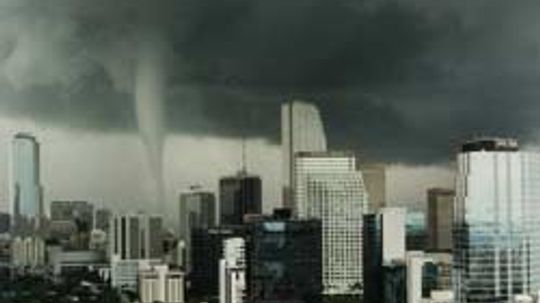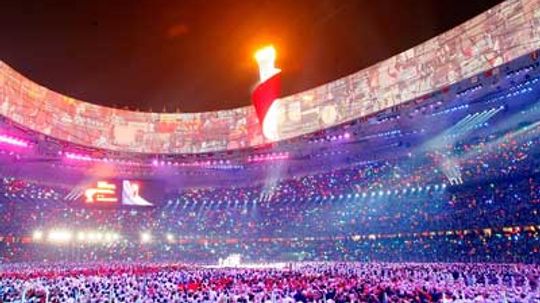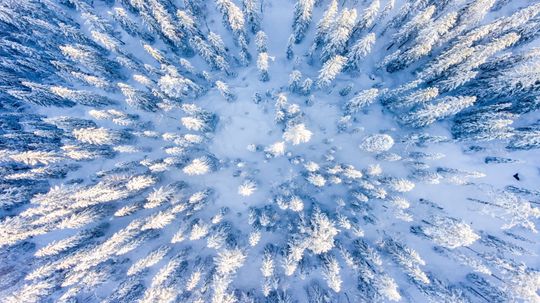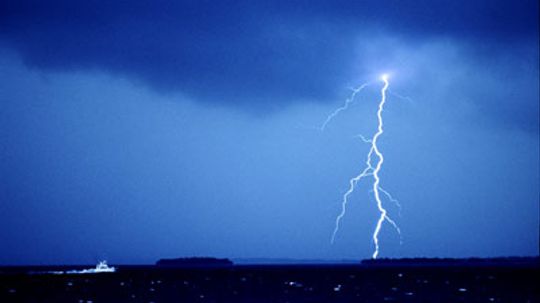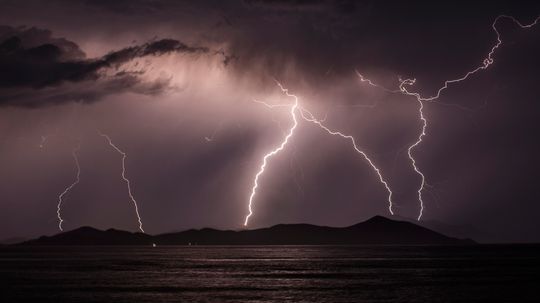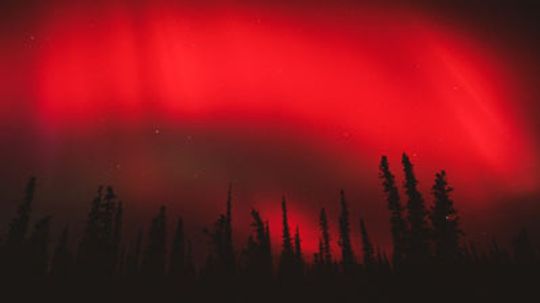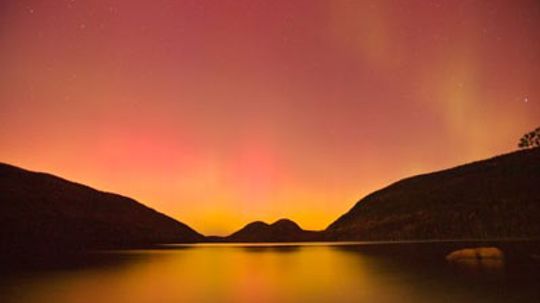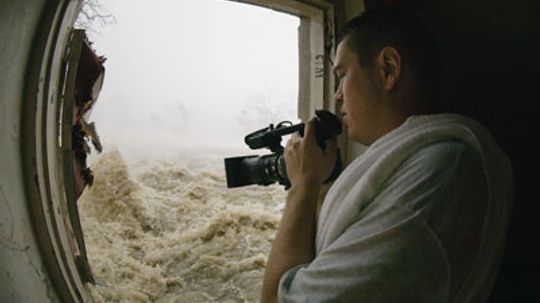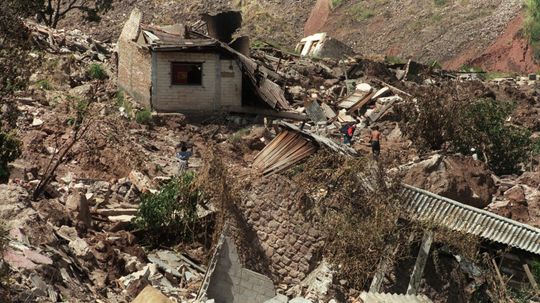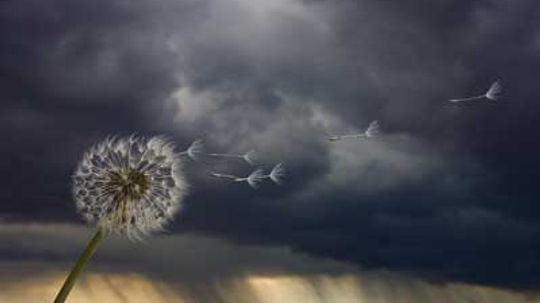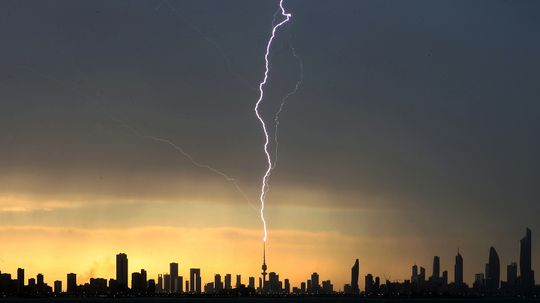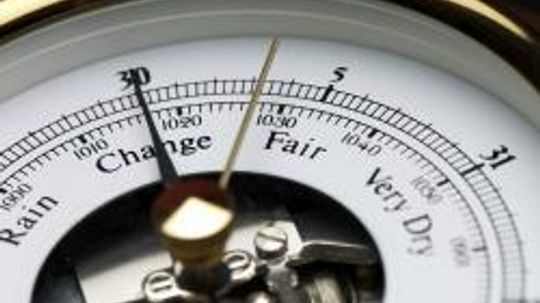Climate & Weather
Atmospheric sciences help us understand and predict the weather. Learn about topics such as the seasons, why it snows, and how rainbows are formed.

14 Types of Clouds Drifting Across the Sky
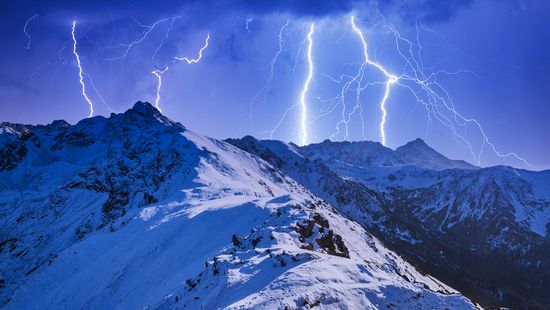
Thundersnow Only Occurs in 7 of Every 100,000 Thunder Storms

The Coldest Country in the World Is Below Freezing, on Average

How Is Barometric Pressure Measured and Why?
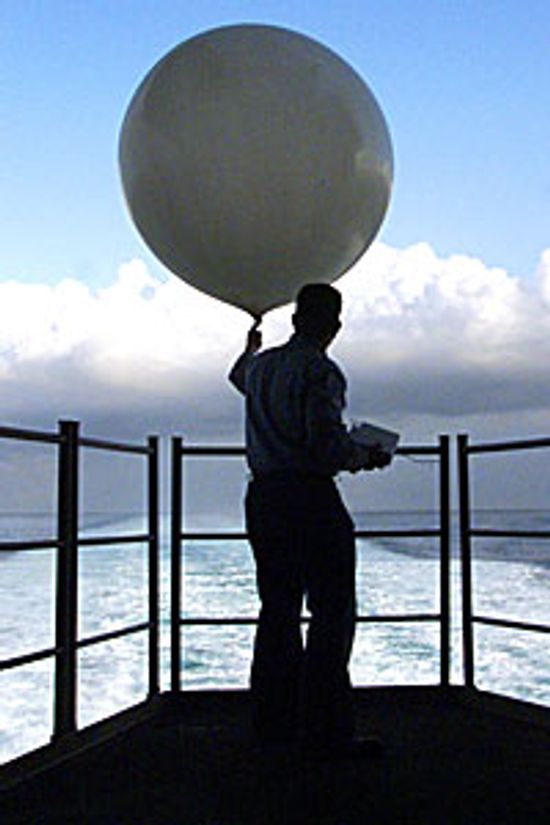
How a Weather Balloon Works?

How the Tornado Intercept Vehicle Works

10 States With the Best Weather Year-round

Find the Best Weather in the U.S. in These 8 Cities

Can China control the weather?
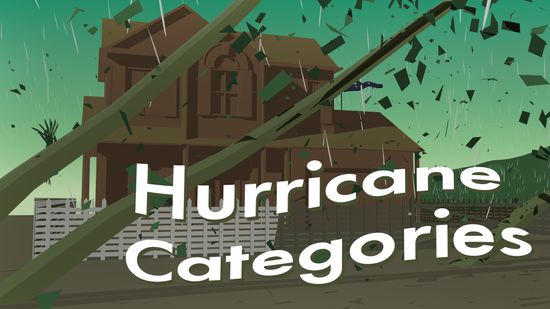
HowStuffWorks Illustrated: Hurricane Categories
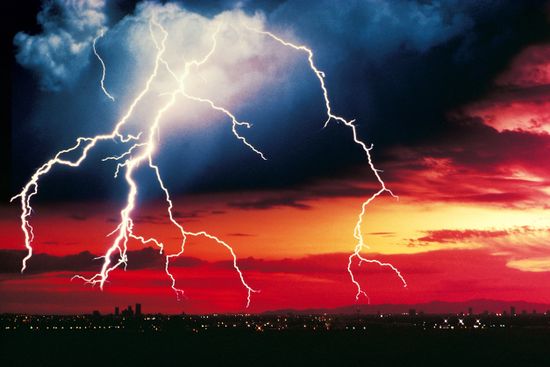
10 Myths About Lightning
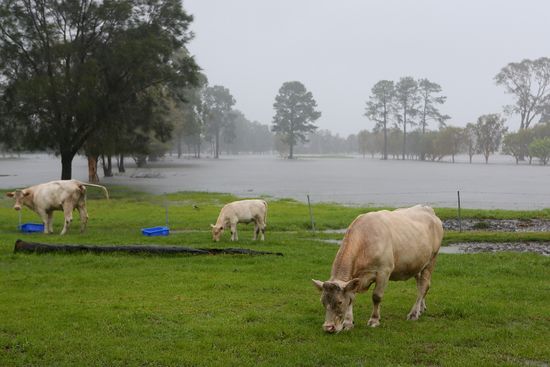
10 Ways Animals Supposedly Predict the Weather
Learn More / Page 2
We all know it's a little cooler under a shady tree. But do trees have an effect on the five-day forecast, or even the global climate?
Thunderstorms are impressive and destructive elements of nature. This collection of images highlights some of the most spectacular features of storms.
By Rick Mayda
Can Fido predict an incoming tornado? If animals can predict the weather, do we stop trusting the weatherman and start visiting the zoo to get tomorrow's forecast?
Advertisement
As a dominant world power, there's not much that China doesn't affect or control outright these days, including the weather. How did the superpower produce flawless skies for the biggest party of the year?
You may have noticed signs on the highway that warn "Bridge Ices Before Road." What causes this to happen?
Snow is nothing more than frozen water, and water is clear, not white. But snow is bright white. How?
What is "wind chill"? Does it have any effect on inanimate objects?
Advertisement
You've heard the warnings about thunderstorms: Stay out of the tub, unplug your TV and don't call people from your land line. But can you really get struck by lightning while you're inside?
Rainbows are one of nature's most beautiful effects. Have you ever wondered how the colors end up in seemingly perfect bands? And, what about double rainbows -- how does that happen? Find out how rain and sun can align to put color in the sky.
By Tom Harris
Around 1,800 thunderstorms are occurring on the Earth at any given time. But how do they form, and what causes them?
We hear about humidity in just about every weather report on the nightly news. There are several different ways meteorologists measure humidity, but relative humidity is the most common measurement. What is relative humidity, though?
Advertisement
How does the aurora borealis (the Northern Lights) work? What causes it? Why can you only see it in the North? Are the myths about it producing sound true?
Auroras are stunning natural light shows that are visible only in certain parts of the world at certain times of the year. Where can you go to see one?
If a tornado was heading your way, you'd probably head for the hills. But for some people, it's just the beginning of a chase.
Did bunnies just attack that sailboat, or was it a narwhal playing with a school of fish? Are you going crazy, or are you just watching the clouds?
Advertisement
Witch homicide aside, Dorothy was lucky that her home safely traveled to Oz after the tornado. Many people who lived through the storms on our list were left with nothing.
The birds stop chirping, and the wind chimes are silent. This eerie calm that's invaded your neighborhood is just a temporary pause before the shrills and shrieks of the incoming storm.
You might think of weather as something that happens around your life. It could prevent you from taking a bike ride or inspire you grab an umbrella on your way out. But there's more to weather than its ability to thwart the best-laid plans.
By Robert Lamb
Ball lightning can float through the air, pass through walls and even kill you. What could it be, and why are scientists finally accepting this strange meteorological phenomenon?
Advertisement
Many cultures have a flood myth -- an ancient story of a deluge that swallowed the Earth. So could a great flood really have happened, and how would we be able to tell?
It may seem like a perfectly reckless display of aeronautical wiles, but guiding an airplane into a swirling beast of a hurricane gleans data that can save lives. The only question is, who were the crazy mavericks who attempted it first?
By Josh Clark
Being struck by lightning is a little more complicated than a sudden collision with a flash of light from the sky, and not all strikes are equally lethal.
Whether you're planning an outdoor wedding or a Saturday morning tag sale, it's nice to know ahead of time what the sky is going to do. But does checking the 10-day forecast do any more good than praying for sunshine?
By Robert Lamb
Advertisement
Barometers are used to predict the weather. What exactly does it mean when the weatherman says the barometer is rising or falling?
Rock salt is the go-to for melting ice on the roadways. But why?

